Irrigation for Resilience

Project Description
Tegh community is located at the south-eastern border of Armenia. Local population used to cultivate neighboring arid lands for decades. However, as a result of the recent military crisis, most of the farmlands were lost that affected the living standards of the population. In addition, some 250 families were displaced and found refuge in the community who need more resources to ensure their subsistence. Now the community has to rely on limited land resources and look for irrigation to start high value crop production.
The project proposes the construction of a complete irrigation system for Tegh settlement of Tegh community, which consists of a pumping station equipped with solar panels, a pumping pipeline to the upper part of the village, repair of the reservoir and a gravity distribution network. Work with beneficiary farmers, support for the transition to sustainable, high-value agriculture is also planned.
The construction of an irrigation system is a complex project that includes also co-funding from state subvention, the Embassy of Lithania, USAID Improved Water Management Program. The irrigation system will allow to make a transition to high-value agriculture, to irrigate additional 300 hectares of farmland. As a result, around 200 households will have the opportunity to improve their social situation by receiving advice and irrigation to practice sustainable agriculture.
The project will have environmental and social impact as it will prevent degradation of land though application of sustainable agriculture methods and irrigation and will enhance local population’s opportunities to increase their income.
Project Results
The project will produce the following results:
• At least 300 ha become irrigated that help prevent desertification, thus ensuring application of sustainable agriculture practices and long-term productivity of land.
• Irrigation costs reduced by 40% reduction through installation of a PV system, making the service more affordable for consumers.
• Beneficiary farmers have increased practical knowledge and capacities to apply sustainable agricultural practices as well as enhance the rural value chain.
• Around 200 households significantly increased their income, starting from the second year upon the project's completion.
• The community has enhanced capacity to manage its own water resources by providing reliable data.
.png&w=3840&q=75)
Subscribe for our news
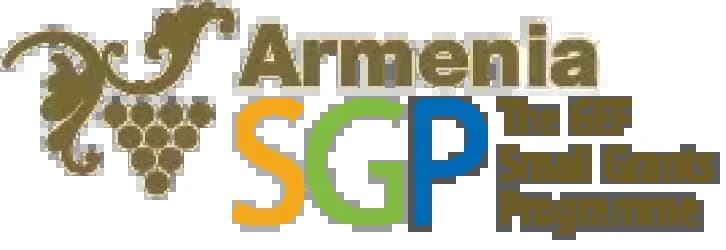

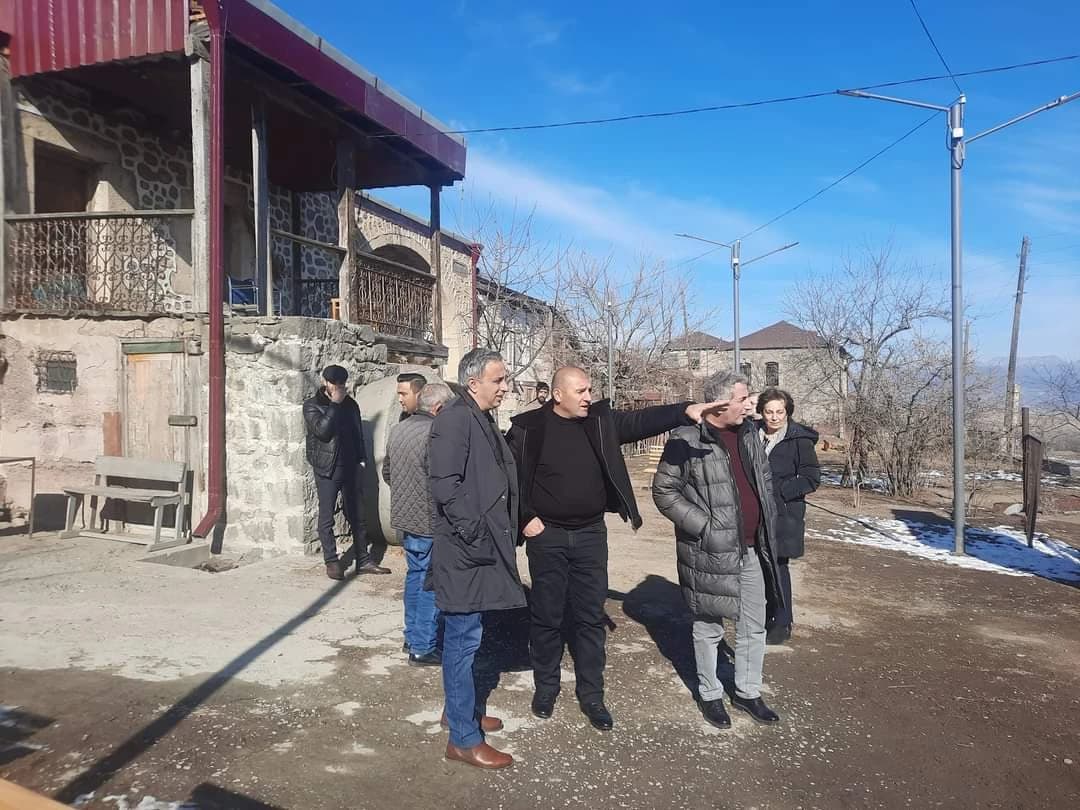
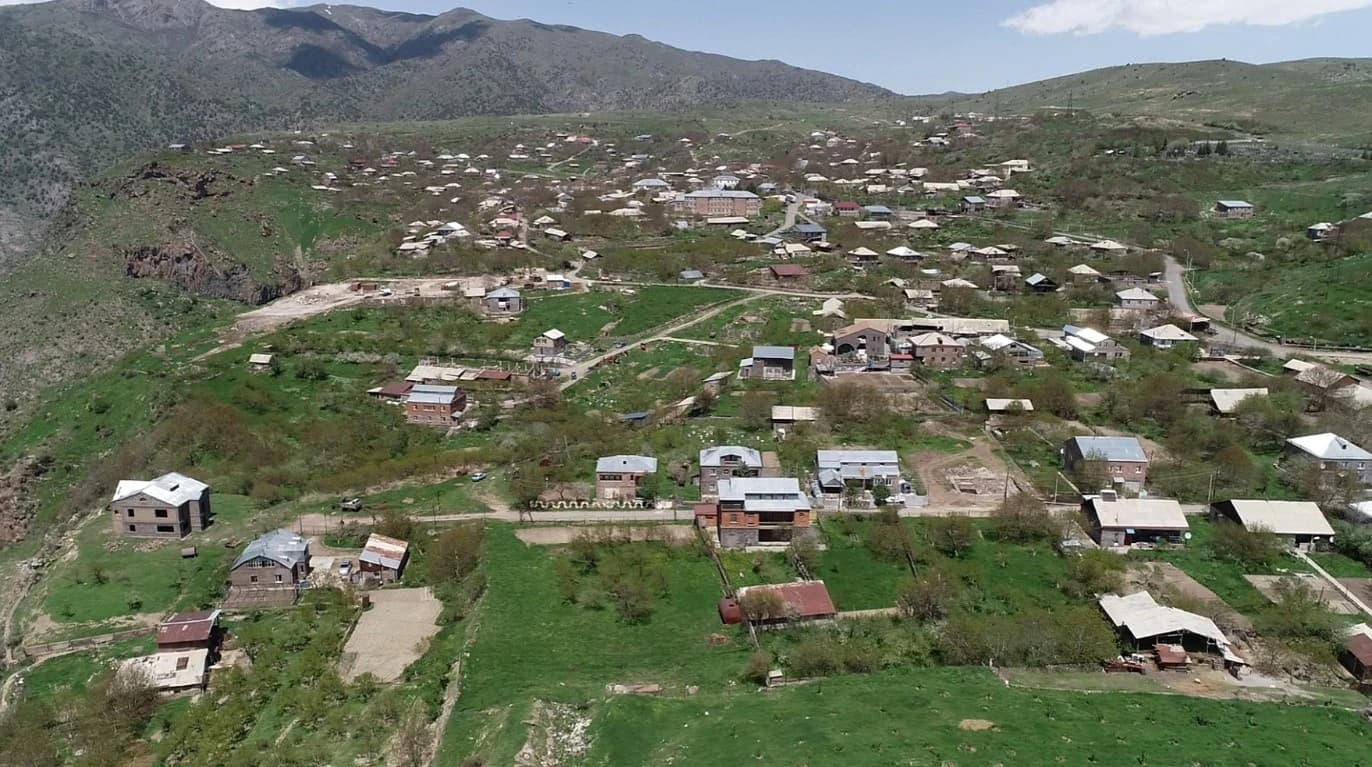
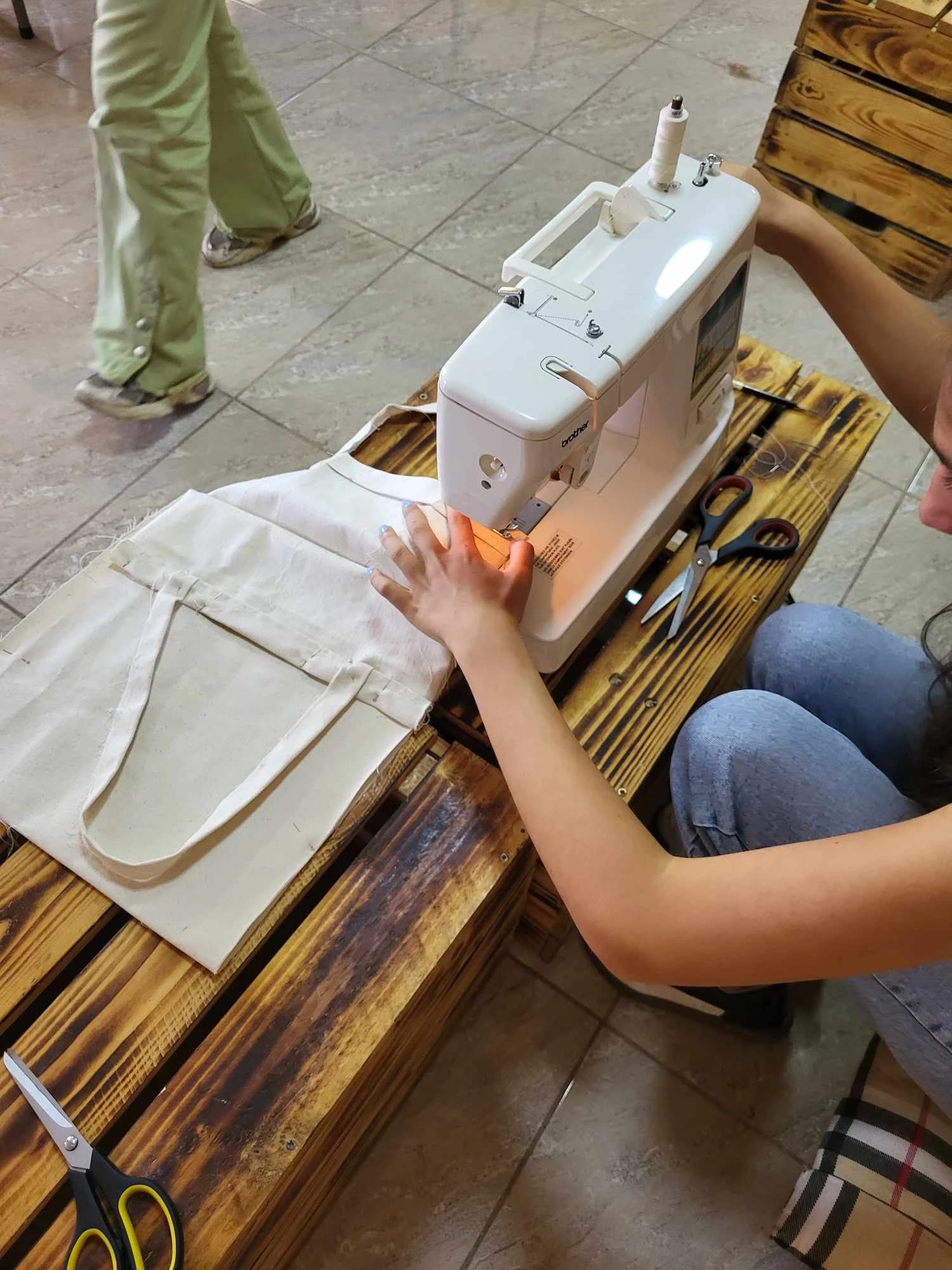
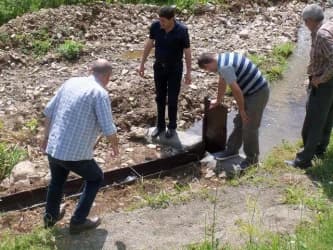
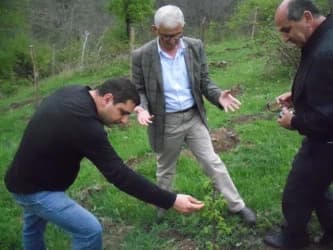
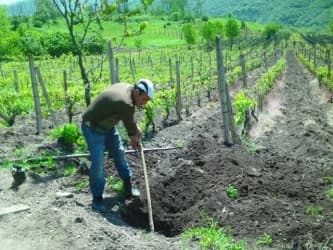
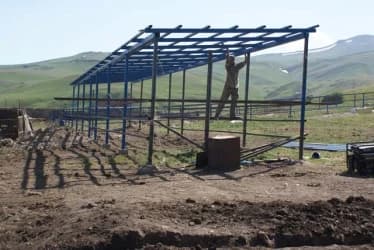
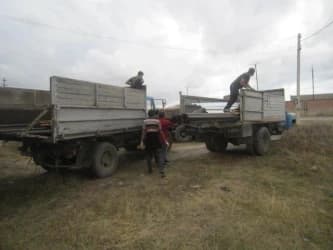
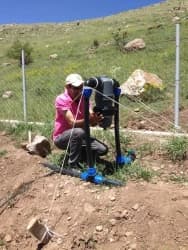
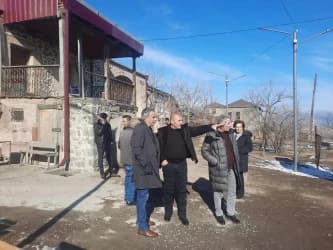
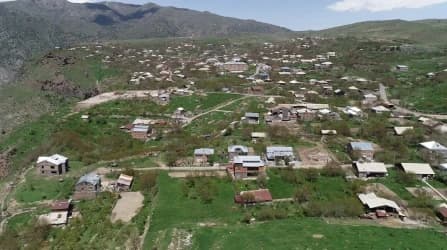


.png&w=3840&q=75)
